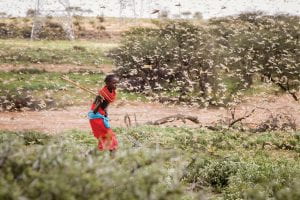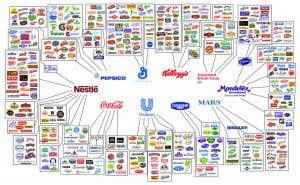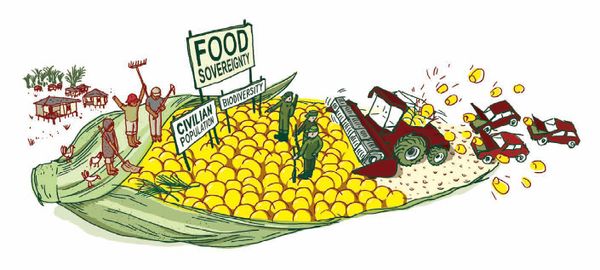This is a response to Sydney’s post “Migrant Workers Have Always Been Essential, So We Should Be Treating Them Like It” found here: https://sites.uw.edu/pols385/2020/05/19/migrant-workers-have-always-been-essential-so-we-should-be-treating-them-like-it/
While I agree with Sydney’s point that migrants have served in essential roles throughout our nation’s history, I would like to challenge the idea that the migrant workers themselves are essential to those roles. Let me be clear: I completely disagree with the notion that immigrants are “stealing our jobs.” Most Americans are unwilling to fill those positions as they currently operate, and we absolutely should not blame the immigrants for seeking a better life. But I believe that calling immigrant labor itself “essential” only serves to excuse our luxury-obsessed culture and the costs it imposes on immigrant workers.
As Sydney points out, immigrant labor is used because they are one of our most vulnerable populations so they will accept dangerous conditions at low wages. The key point there is the low wages: agricultural work is not the most dangerous job out there, but it is certainly one of the lowest paying dangerous jobs. Looking at other, more dangerous jobs like garbage collectors or construction workers, their average salaries are considerably higher than agricultural work and they subsequently have much lower undocumented immigrant participation.

Source: USDA, Pew Research Center
https://www.cbsnews.com/news/illegal-immigrants-us-jobs-economy-farm-workers-taxes/
It is not that Americans are entirely unwilling to do the work; they are simply unwilling to do the work below a certain salary. The way I see it, our agricultural industry has convinced us that immigrant labor is essential to our food system in order to keep payroll artificially deflated and dissuade investigation of poor working conditions. They are basically using slave labor to keep food prices low and profits high.
I worry that the discourse around this topic can easily become confused and subsequently counter-productive. Agricultural work is undeniably essential; without our food industry, we (along with many other parts of the world) would starve to death. And our immigrant labor force is essential in order to keep food prices low. But are low food prices essential? They are not only inessential but inherently detrimental, as argued by Michael Carolan in The Real Cost of Cheap Food. Thus, by calling immigrant labor essential in and of it itself, we perpetuate the idea that our food should be cheap and, to a certain degree, excuse the poor treatment of immigrants as a necessary evil to reach those ends.
Sydney calls on the agriculture industry to improve wages and working conditions for undocumented workers. In my opinion, this represents individualization of responsibility to a degree: it fails to address the larger systemic reasons for those wages and conditions, which include America’s love of ultra-cheap food, a difficult-to-navigate legal immigration system, and our willingness to look the other way when our industries abuse desperate populations. Solving this problem will require deep systemic changes to our immigration systems, law enforcement, the agriculture industry, and, most importantly, the way Americans relate to food. We will need to accept spending much more of our income on food, which will require far less discretionary spending: smaller houses, less luxurious vehicles, and significantly less entertainment consumption. We will need to fundamentally alter the typical American lifestyle.
Systemic thinking shows us just how complex the situation is, and reminds us that we cannot just expect the food industry to make things right on its own. We must act as consumers and citizens, as individuals and communities, as social and political entities, in order to institute the massive changes necessary to protect vulnerable immigrant communities and move towards a more ethical and sustainable food system.

















